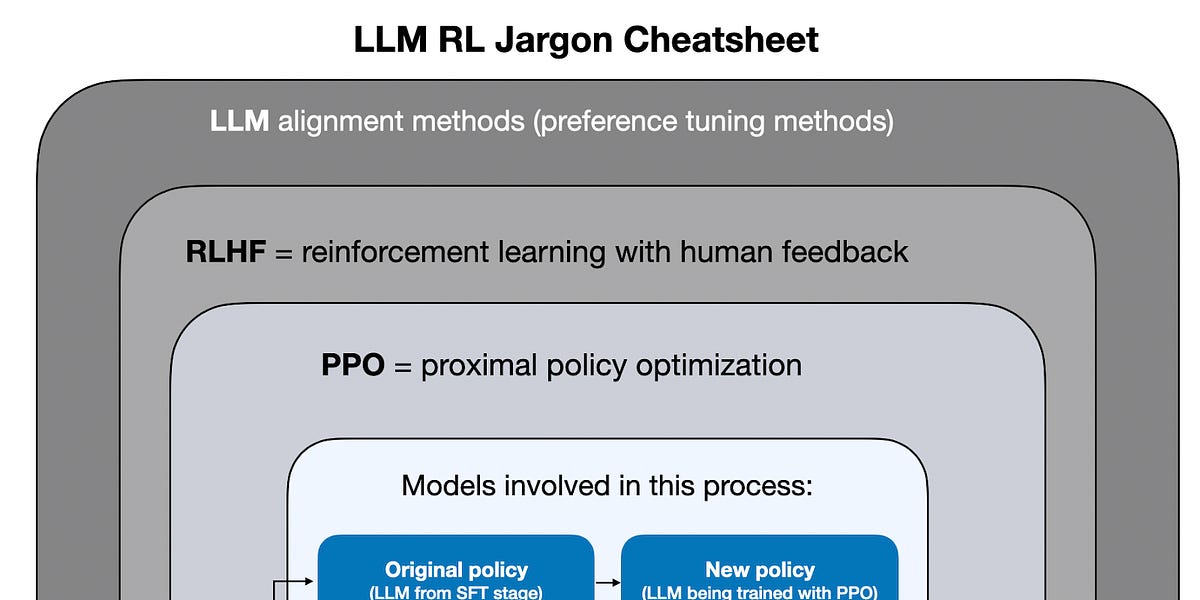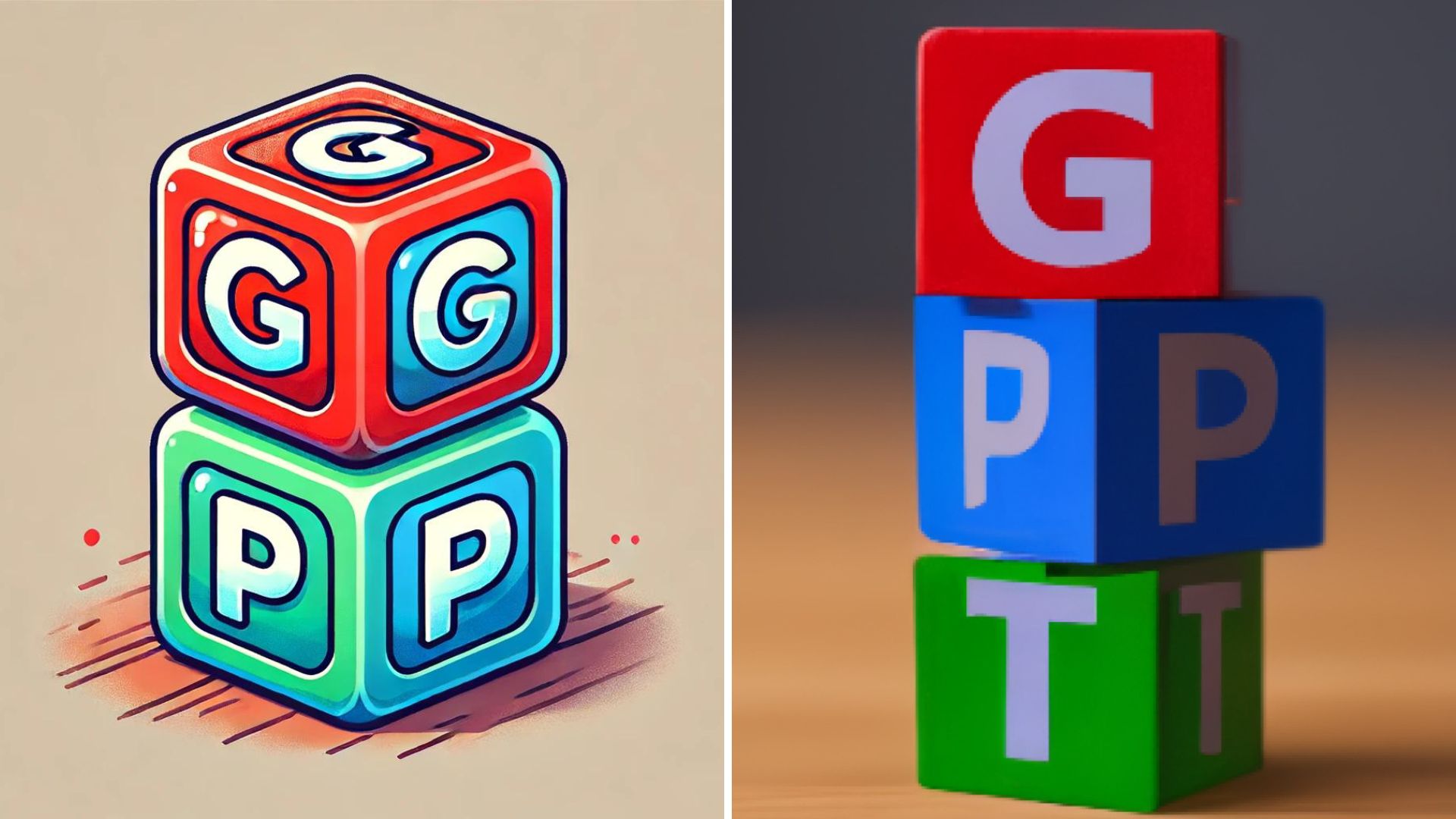In a pivotal moment for healthcare, the world’s first infant was born using a fully automated and digitally controlled intracytoplasmic sperm injection (ICSI) process.
As detailed in a research paper published on Reproductive Biomedicine Online, the case involved a 40-year-old woman diagnosed with primary infertility and diminished ovarian reserve. She sought treatment along with her 43-year-old male partner with moderate teratozoospermia, a condition that affects the count or morphology of sperm.
After several failed in vitro fertilisation (IVF) attempts, the couple was referred for ICSI treatment at a fertility clinic in Mexico. Four of the five eggs treated with AI-assisted ICSI were successfully fertilised, ultimately resulting in the first live birth.
The embryos were ranked using the Embryo Ranking Intelligent Classification Algorithm (Erica) AI, while computer software was used for automated sperm selection.
The fully automated digital control and remote supervision of the ICSI system were successfully implemented, marking a significant milestone for the AI and robotics industry in healthcare. While the system took longer to complete the process than manual ICSI, it is expected to improve as it becomes fully automated and the need for human supervision continues to diminish.
According to the paper, achieving a fully autonomous IVF process depends on how safe the system’s performance is without on-site human supervision. The latest system represents a step forward from earlier versions of automated ICSI, as it automates all micromanipulation steps of the workflow instead of selected aspects of the procedure.
While the West has shown promising advancements in the healthcare industry, South Asian countries like India are also showing interest in AI-powered IVF treatments.
India’s IVF market has seen a rapid surge in AI integration, supported by a ₹2000 crore government-funded initiative called the IndiaAI Mission, which targets critical sectors including medicine. In the last 10 years, time-lapse technology has been used to monitor embryo growth during the IVF treatment. However, according to the initiative’s official website, while time-lapse imaging does not help analyse status, AI could provide the “perfect solution”.
IVF Market in India
IVF is a booming industry in India, with a market size of $864.6 million as of 2024. According to IMARC data, the industry is expected to experience a growth rate of 15.4% between 2025 and 2033, potentially reaching $3.4 billion by 2033. Technological advancements, increased acceptance of AI-assisted fertility measures, and accessibility are key to market growth in India.
Dr Madhu L, founder medical director and senior consultant at Safe IVF Centre in Shivamogga, mentioned that increased awareness about infertility and IVF treatments has greatly improved India’s market size in the past few years.
Most IVF centres in India have high costs and varying success rates through the traditional ICSI treatment. However, only some IVF centres have explored AI and automation in reproductive health, which could be a game-changer for IVF procedures.
Moreover, Madhu believes that people who come in for treatments in Shivamogga aren’t particularly concerned with the technology being used or how it works. “They just want results.”
According to him, if treatment centres use AI analysis, the result may be successful. However, this has not been proven. “We can’t say if human intelligence is superior to the AI-assisted tools. We must wait at least five years to see what results we get [in India].”
Technological Advancements in India’s Reproductive Health Field
According to Sunflower Infertility and IVF Center in Ahmedabad, AI in IVF treatment has shown great potential to improve outcomes despite being in the early stages. Using advanced algorithms, AI can identify the patients’ infertility-specific data. The hospital group has also said that AI-assisted IVF cycles are shortened, leading to reduced treatment costs and more effective fertility solutions in India.
“AI can be used for embryo selection and robotic ICSI for sperm injection. Previously, human intelligence was used to select the best-quality sperm. But now, the morphology of the patients is fed into machine learning from the beginning, enabling it to choose the best-quality sperm.”
“Another [purpose of AI] is that it can gauge the growth of the eggs, which can be monitored every 18, 24 and 32 hours. Now, the machine is doing it. The robotic AI does the embryo selections—how much has it grown, is it equal size, and so on. The parameters we provided in the beginning give you the best option for implantation,” he added.
“[Safe] IVF Centre has already started using AI to conduct semen analysis. We have been using an automated semenizer, based on AI called LensHooke, for three years. We used to do it manually earlier, but now using the machine has made the process simpler. While we are not using AI for embryo selection, I’m sure many IVF centres in India are using it,” he further explained.
Bonraybio, a team of engineers and scientists with experience in the medical instrument field, has developed products called LensHooke semen analysis systems and quality analysers that have assisted the Safe IVF Centre for the past three years.
In 2022, Bloom IVF Centre, one of India’s most established fertility organisations, introduced a new AI tool named Life Whisperer AI—a fast and non-invasive method to enhance pregnancy success rates for IVF patients.
Life Whisperer is a product of the French AI healthcare company Presagen. It is used to assess two embryo quality metrics. According to the product’s website, Life Whisperer is currently authorised for sale in over 40 countries.
Last year, the Indian Council of Medical Research (ICMR) collaborated with Amity University and developed an AI-based tool to detect the genetic cause of male infertility and help predict IVF results.
“Nowadays, AI is being used in stem cell harvesting, but it’s still in the experimental stage. Moreover, we will see growth in AI use [in reproductive health] in the next five years at least,” Dr Madhu added.
Meanwhile, Sp0vum, a tech startup company, has developed a gripper-based technique called RoboICSI to assist embryologists in performing enhanced IVF treatments. Unlike traditional treatments, which require skilled embryologists to handle the delicate procedure, the gripper reduces the risk of damage and improves the fertilisation outcome, the company stated.
The company is also reportedly working towards automated systems called computer-aided semen analysis (CASA) and quantitative embryo assessment techniques.
Essentially, there has been a lot of growth in AI technological use in reproductive medicine, but safe deployment and frequent testing in IVF centres are critical. Many researchers in India have taken a keen interest in introducing AI-based systems that could successfully solve infertility issues and enhance reproductive health.

 3 days ago
9
3 days ago
9



